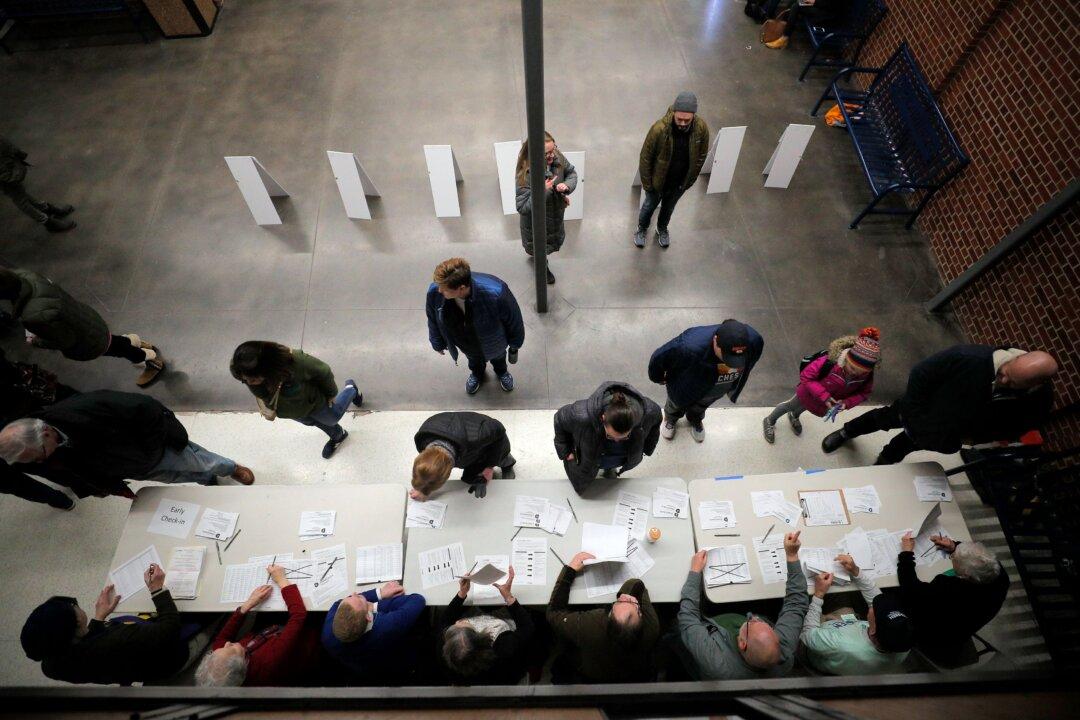The Iowa Democratic Party (IDP) released a report on Dec. 12 that said late technology demands from the Democratic National Committee (DNC) were largely to blame for the confusion and delays that dominated the start of the caucuses earlier this year.
The report (pdf), released during a Saturday meeting of the IDP State Central Committee, was commissioned shortly after the Feb. 3 caucuses and was conducted by a group of independent lawyers. It examined dozens of interviews and thousands of documents.





